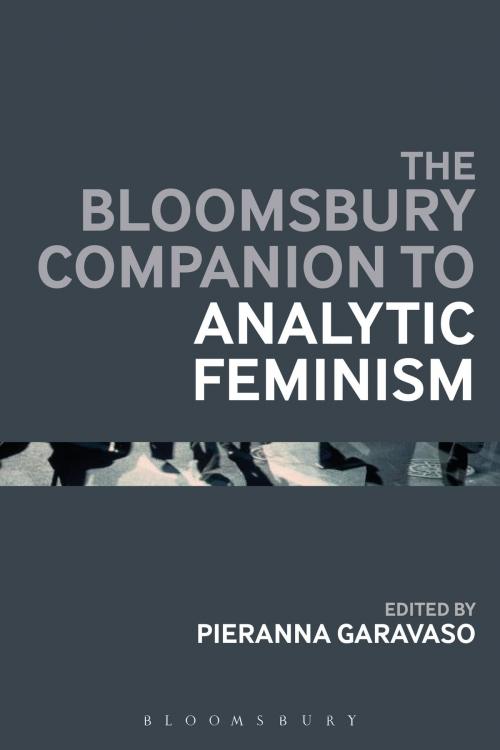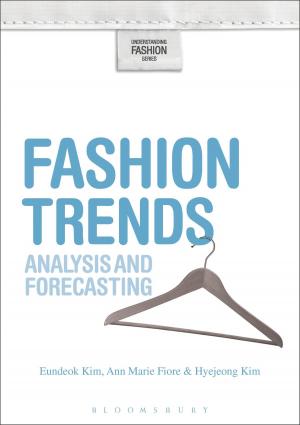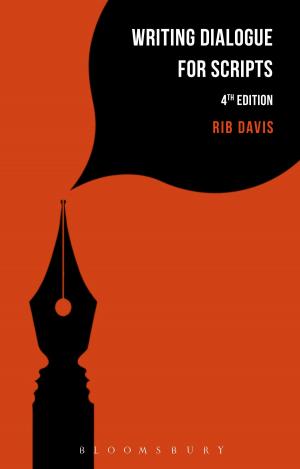The Bloomsbury Companion to Analytic Feminism
Nonfiction, Religion & Spirituality, Philosophy, Epistemology, Metaphysics| Author: | ISBN: | 9781474297790 | |
| Publisher: | Bloomsbury Publishing | Publication: | June 14, 2018 |
| Imprint: | Bloomsbury Academic | Language: | English |
| Author: | |
| ISBN: | 9781474297790 |
| Publisher: | Bloomsbury Publishing |
| Publication: | June 14, 2018 |
| Imprint: | Bloomsbury Academic |
| Language: | English |
Applying the tools and methods of analytic philosophy, analytic feminism is an approach adopted in discussions of sexism, classism and racism. The Bloomsbury Companion to Analytic Feminism presents the first comprehensive reference resource to the nature, history and significance of this growing tradition and the forms of social discrimination widely covered in feminist writings.
Through individual sections on metaphysics, epistemology, and value theory, a team of esteemed philosophers examine the relationship between analytic feminism and the main areas of philosophical reflection. Their engaging and original contributions explore how analytic feminists define their concepts and use logic to support their claims. Each section provides concise overviews of the main debates in feminist literature within that particular area of research, as well as introductions to each of the chapters. Together with a glossary and an annotated bibliography, this companion features an overview of the basic tools used in reading analytic philosophy. The result is an in-depth and authoritative guide to understanding analytic feminist's characteristic methods.
Applying the tools and methods of analytic philosophy, analytic feminism is an approach adopted in discussions of sexism, classism and racism. The Bloomsbury Companion to Analytic Feminism presents the first comprehensive reference resource to the nature, history and significance of this growing tradition and the forms of social discrimination widely covered in feminist writings.
Through individual sections on metaphysics, epistemology, and value theory, a team of esteemed philosophers examine the relationship between analytic feminism and the main areas of philosophical reflection. Their engaging and original contributions explore how analytic feminists define their concepts and use logic to support their claims. Each section provides concise overviews of the main debates in feminist literature within that particular area of research, as well as introductions to each of the chapters. Together with a glossary and an annotated bibliography, this companion features an overview of the basic tools used in reading analytic philosophy. The result is an in-depth and authoritative guide to understanding analytic feminist's characteristic methods.















